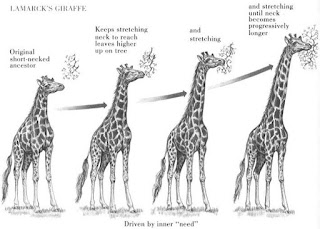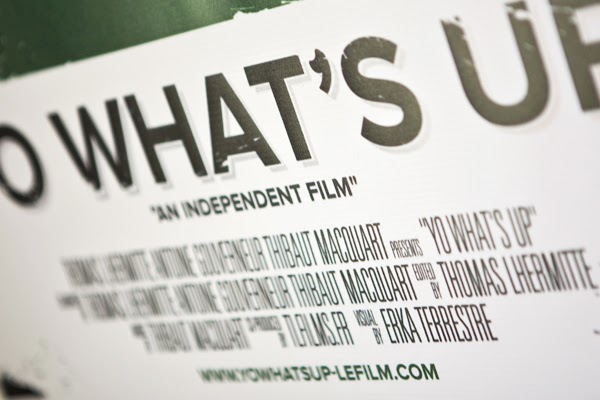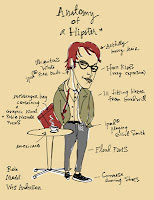Do the languages we speak shape the way we think?

The Tower of Babel' by Pieter Brueghel the Elder, 1563 Do they merely express thoughts, or do the structures in languages (without our knowledge or consent) shape the very thoughts we wish to express? Stanford psychology professor Lera Boroditsky makes has some surprising observations about the relationship between language and thought. How do we come to be the way we are? Why do we think the way we do? An important part of the answer, it turns out, is in the languages we speak. Full text here Language & Thought: Chicken & Egg English Language 100 FAQ Teaching Pack - only £1.99 using discount code CQDWKF0






